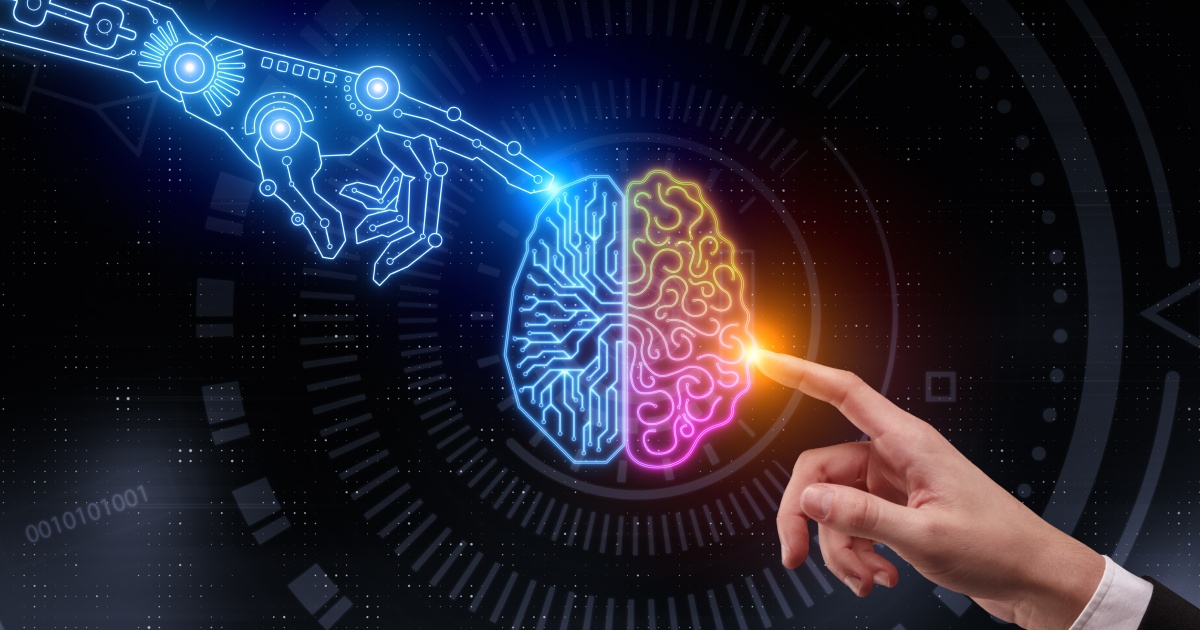
While the human resources (HR) function is necessary for the efficient staffing of most companies, most of the work tends to be repetitive: a never-ending stream of resume hunting, reference checking, job postings, interviews and follow-up. As with any rote tasks, there is significant opportunity for automation, thanks to AI.
A new study published by performance, learning and development solutions provider Engagedly titled, "State of Artificial Intelligence (AI) in Human Resource Management: A 2023 Report” has examined research aimed to gain a deeper understanding of how AI can help prepare the current workforce for the future of work.
The report reveals insights about AI adoption in HR across a variety of industries. It found that adoption in HRM is growing rapidly, automating repetitive tasks, improving decision-making processes, and improving the overall employee experience. It also revealed how AI is transforming the HR management space. Global HRM leaders are adopting AI to drive transformations in HRM, with 45 percent incorporating AI for HRM, according to the study.
Moreover, the report examines how AI is contributing to efficient and productive HR management. Sixty-five percent of respondents reported that AI improved productivity and efficiency in their HR departments, with performance management, employee engagement and satisfaction, training and development, recruitment and talent acquisition, and employee inquiries among the top five functions that AI has significantly impacted.
"As a direct outcome of Engagedly's 'State of Artificial Intelligence in Human Resource Management: A 2023 Report,' we gain a profound understanding of AI's transformative influence on shaping the future of HR," said Sri Chellappa, CEO and Co-Founder of Engagedly. "This is a validation of our efforts to bring effectiveness in Talent management processes with Marissa AI to build a future ready workforce.”
The report also uncovered the major impediments to AI adoption in HRM. Many survey respondents expressed concerns regarding data privacy, with a notable 50 percent identifying it as a major issue. Other impediments to AI in HR included a shortage of qualified employees, increased cybersecurity risks, and low employee confidence in AI. In addition, 42 percent of respondents indicated that automation would eliminate jobs, while 32 percent anticipated that AI would create more jobs.
Edited by
Greg Tavarez